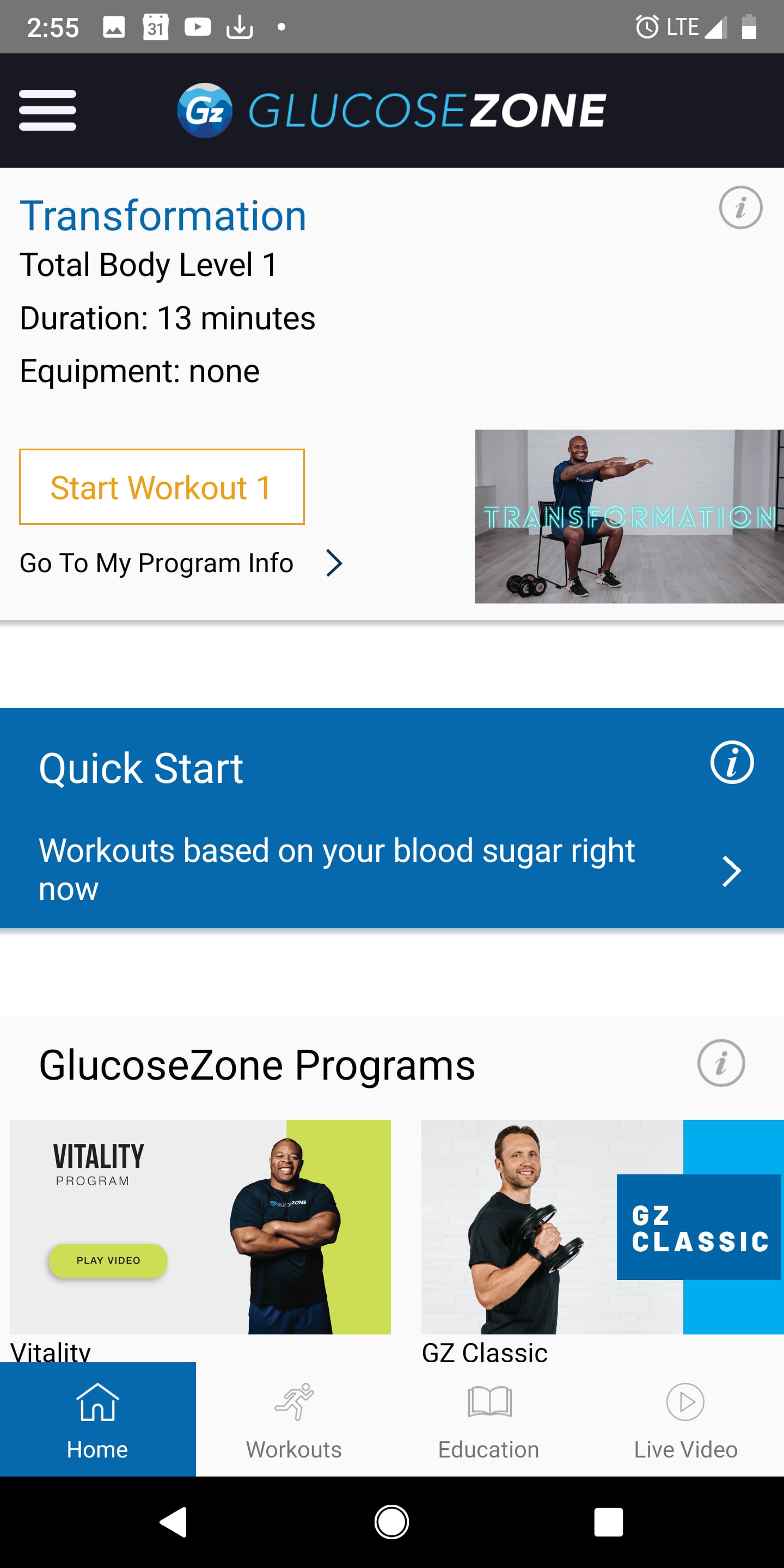In 2017, an estimated 26 million adults aged 20-79 were living with diabetes in South and Central America – representing a regional prevalence of 8%, according to the most recent report from the International Diabetes Federation (IDF). Brazil and Mexico had the highest diabetes rates in the region, with around 12 million people living with the disease in each country, although IDF estimates suggest around 40% of diabetes cases across Central and South America remained undiagnosed.
Speaking to NutraIngredients-LATAM, Charlie O'Connell, founder of GlucoseZone by Fitscript – a digital exercise platform and mobile app for people with diabetes – said the convergence of digital nutrition and exercise would become increasingly important in the treatment of diabetes in the region.
Latin America, O'Connell said, had a diabetes “problem”, largely due to a dramatic decrease in physical activity and poor eating habits through the rise of highly processed foods. The goal of GlucoseZone, therefore, was to provide online, clinically-validated expertise and guidance to help this population manage the disease.
“We see nutrition and fitness as being the standard of care for diabetes in the future, and specifically digital access to those therapies will be the standard,” he said.
“...Over the course of the next five to ten years, we look forward to the opportunity to serve the Latin American market in a very, very exciting and biometrically contemporaneous way.”
Diabetes exercise and nutrition – the golden partnership?
Fitscript and its digital exercise platform and app GlucoseZone was founded in 2012 to provide a range of online programs for people with diabetes, tailored according to disease type, goals and fitness levels. Approved by the American Diabetes Association, it also offers education and support on weight and blood sugar management.
“Everyone knows exercise is good for diabetes but what is not as well known, or not as supported, is it's different – starting with the need to test blood sugar levels,” said O'Connell.

Sometimes it may not be safe to exercise or do certain types of exercise, he said, and this depended on several other factors beyond blood sugar, including medication management; food and nutrition consumption; fitness levels and even the weather. Understanding all of this and developing tailored programs, therefore, was an important part of the treatment and management of diabetes.
“We are part of a new class of healthcare called 'digital therapeutics' and we are pioneering the prescription of apps instead of drugs for diabetes. We are on a very, very clear, ambitious and exciting mission to make the prescription of digital therapeutics, and especially in our case the prescription of digital exercise therapeutics, a viable alternative for every person living with diabetes.”
So, how does nutrition come into it?
The diabetes market 'is desperate' for better nutrition
O'Connell said that while GlucoseZone was 100% focused on the exercise component of diabetes management, it welcomed partnerships with nutrition firms.
“If there are nutrition companies that have nutritional products that have been clinically validated and are looking for exercise programs that are designed to accommodate and accompany those nutrition programs, we are surely willing and able to meet and discuss. Generally speaking, our goal is to be a partner with the nutrition industry, not necessarily a player.”
Currently, he said there was “a lot of misinformation about nutrition related to diabetes”, so it would be important partnering nutrition firms worked to avoid misleading consumers or giving any “false sense of expectation”. The scientific evidence behind nutrition was strong enough, he said, so nothing had to be exaggerated.
“The diabetes market is desperate for more and better information related to nutrition and nutritional supplements for diabetes. That's just like a bottom-line statement. I think there are amazing opportunities,” O'Connell said.
Austrian startup mySugr previously told sister site NutraIngredients that nutrition-technology collaborations could make a “huge difference” to the future of diabetes management given how important nutrition was.




